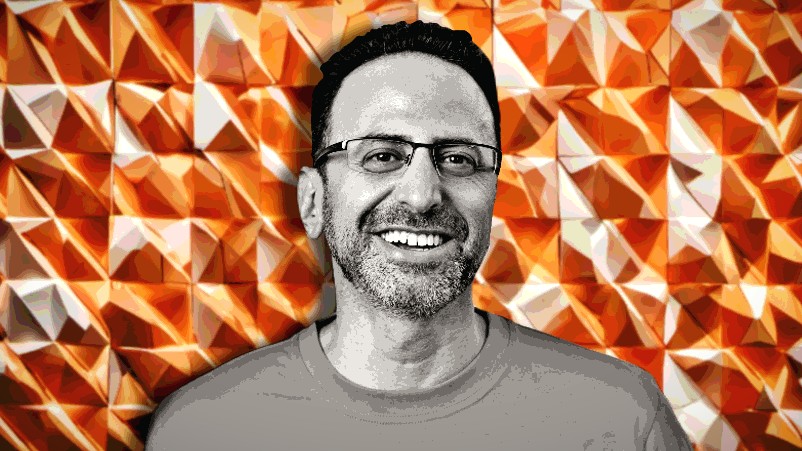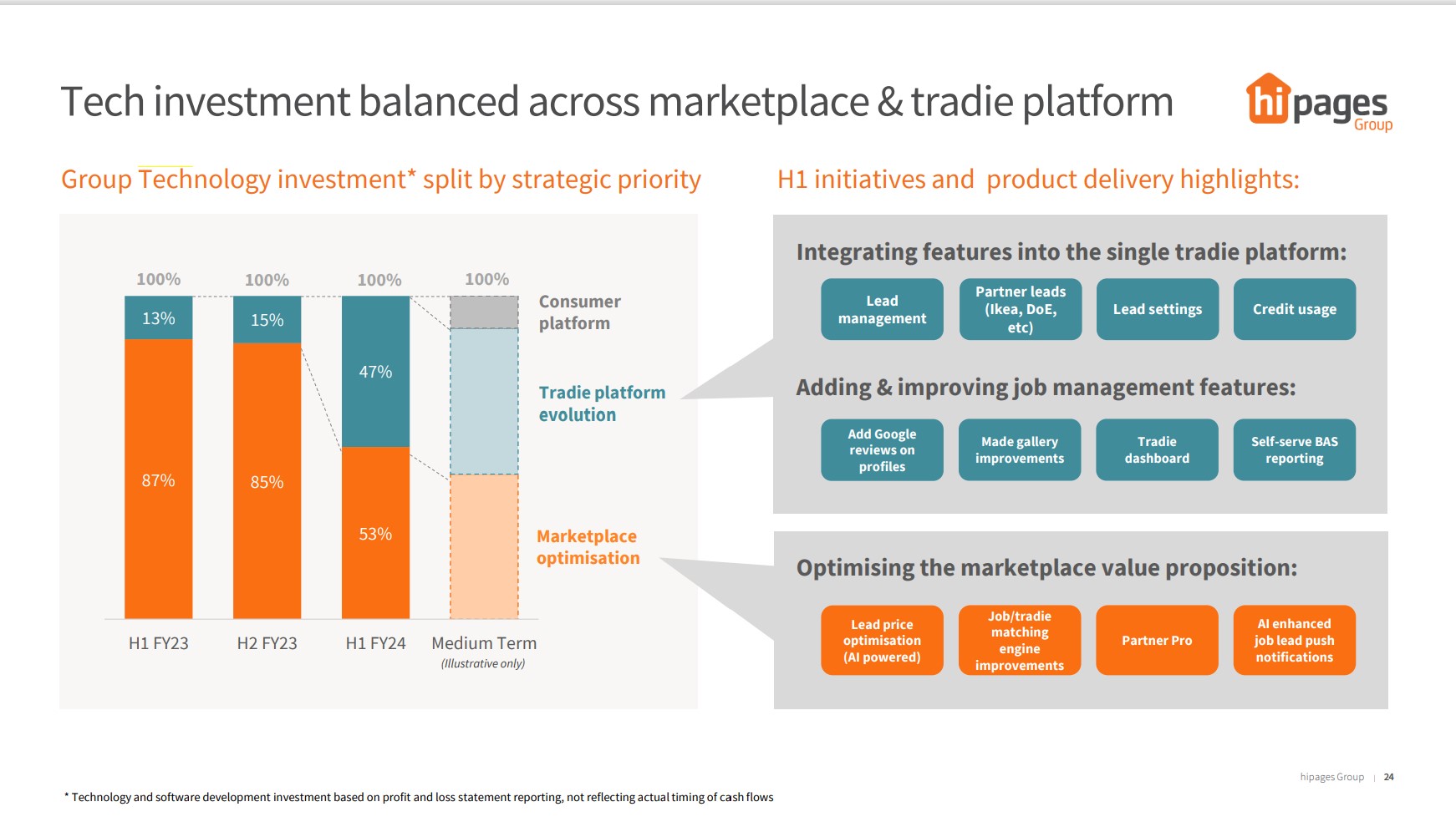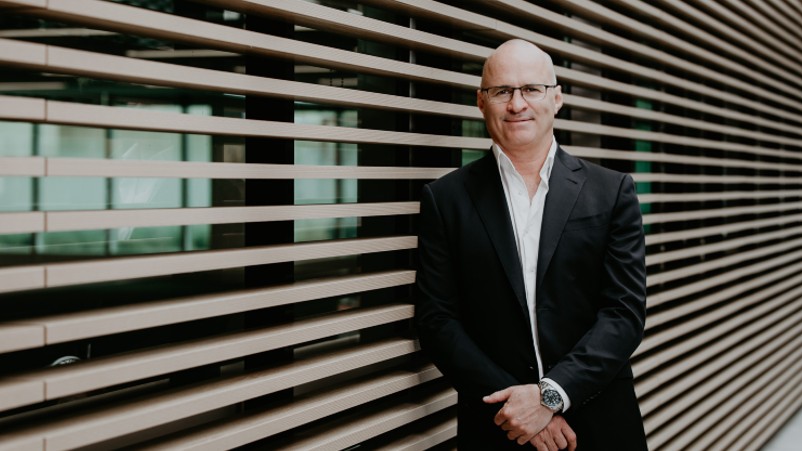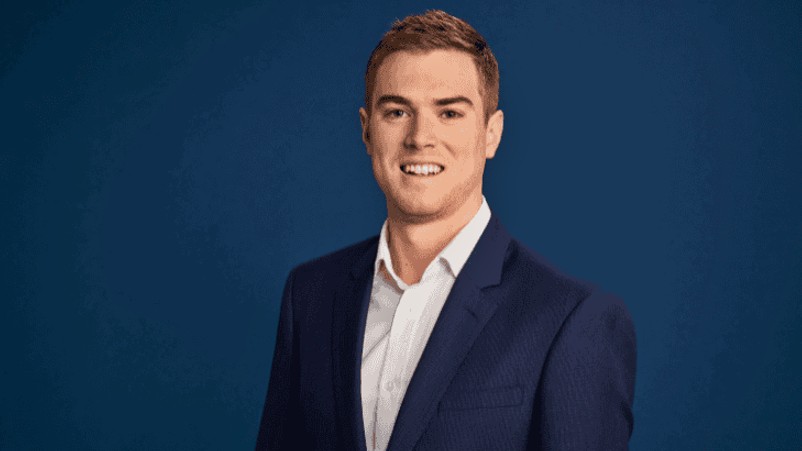Hipages is transforming from marketplace into a SaaS business that provides CRM and ERP capabilities for tradies, says CEO Roby Sharon-Zipser

"For anyone to replicate [our tech] they would have to invest hundreds and hundreds of millions of dollars to do that. So that’s given us a competitive moat in the category in Australia."
Tradie marketplace Hipages, which competes in a $50bn subsegment of the $131bn trade services market, has reached an inflection point, and is now spending circa $9-10m a year developing CRM and ERP-like services for its core audience of tradespeople. In 2025, it will begin development of new capabilities for homeowners as well. It's all part of a plan to grow profitability and market share in the notoriously fragmented tradie ecosystem. On the marketing front, Hipages is back for a sixth year sponsoring Nine's The Block, and it has also taken a Platinum sponsorship of rival Seven's Dream Home, due for launch mid-year.
What you need to know
- Australia's leading marketplace for tradespeople is in the process of transforming into a software-as-a-service business that will provide CRM and ERP-like capabilities to the tradies market.
- CEO and co-founder Roby Sharon-Zipser did not rule out eventually building a general ledger into the platform in the future, which would take the company into a more direct clash with the likes of Xero, Quickbooks and MYOB. But it's not on the current road map with the Hipages boss saying, "Not at this stage, we're happy with the integrations that we're offering."
- Earlier this month, Hipages released tradiecore, and new all-in-one lead and job management platform, designed to help tradespeople build, grow, and manage their businesses.
- In FY2025 the company will also start developing additional services for homeowners.
- On the marketing front, Hipages is back as a sponsor for Nine's The Block. And it has also taken a platinum sponsorship of Seven's new rival, Dream Home, which Sharon-Zipser says will launch mid-year.
We have had a lot of really positive feedback on how we're investing in technology. We've made it very clear that about half of our technology investments - which is about $19 million a year - goes into the marketplace and the half is going into the platform. But in FY25, We'll be starting to carve out a little bit and then expanding that more into the consumer platform technology.
Leading tradesperson marketplace Hipages is in the process of transforming into a software-as-a-service business that provides customer relationship management (CRM) and enterprise resource planning-like (ERP) capabilities for tradespeople, principally sole traders. However, the marketplace will remain a key part of the business.
Speaking to Mi3 Australia, Hipages CEO and co-founder Roby Sharon-Zipser also did not rule out eventually building a general ledger capability into the platform, putting the group into direct competition with services like Zero, Quickbooks, and MYOB. It currently integrates with those packages.
He also confirmed Hipages will be back as a major sponsor of Nine's The Block celebrating its 20th anniversary in H2 this year. And he revealed the company will sponsor Block rival Dream Homes, which launches mid-year on the Seven Network.
Looking further ahead, Hipages plans on investing more aggressively in consumer services with a product that makes the home the centrepiece of a data-driven advertising solution.
However, despite tech investments that will run towards $20 million a year, don't expect the notoriously fragmented market for tradies services to consolidate quickly as a result of the new moves by Hipages. Market structure is sufficiently different from categories like jobs, cars and houses that any consolidation will be a slow burn, Sharon-Zipser believes. But he is confident the strategy now in place will deliver a growing share for Hipages.
The trade services market in Australia is worth about $131 billion, of which Hipages focused on a $50bn subset – the homeowner sector where tradespeople compete for the business of renovations, repairs, and maintenance. Describing the rationale for the shift into more CRM and ERP-like capabilities, Sharon-Zipser says: “Obviously we are a very strong marketplace business. We're the largest marketplace for trade services in Australia, Hipages do a really good job of that.”
But while seeing trades as sophisticated when it comes to the street-smarts of their work, that sophistication often falls away when it comes to business management. Which is where Sharon-Zipser spies more opportunity for his group.
“There's probably more work to do that… and we definitely see ourselves playing a part in that now.”
Commercially it’s a sound move as well. Like in many areas of business life, when times are tough the first thing to go is marketing. “As a marketing solution, we're not at the front of the line when constraints start to happen to our customers," Sharon-Zipser says.
But even during the good times, Hipages can be a victim of its own success. “The other issue we face is we do such a good job of generating work for trades and building up those connections with their customers that we don't have anything more to offer them so they don't necessarily need it," he says. “We didn't do anything wrong, we did a really good job but they don’t have a need for us.”
Tradiecore
Earlier this month, Hipages Group launched a new all-in-one lead and job management platform, ‘Hipages tradiecore’, designed to help tradespeople build, grow and manage their businesses. The company described it as a “game-changer for tradies”, providing “an end-to-end solution combining job leads and management with admin tasks such as quoting, scheduling and invoicing, in one convenient app.”
Research is supporting the underlying rationale, with 84 per cent of trade business decision-makers reportedly feeling like they are spending more time on client communication and admin than on the tools. About two-thirds of those surveyed admitted losing out on business due to time spent on the books. The research also found three-quarters of tradies (74%) spend up to five hours per project on admin tasks alone, which is equivalent to $500 of labour. The most time-consuming activities include quoting (77%), scheduling and diary management (69%), and invoicing (61%).
However, there was also an acknowledgment of the importance of streamlined business management. “The majority [86%] say these tasks are essential to ensuring a job is done properly, while three-quarters (74%) say proper communication is essential to being hired again,” the report stated.
Inflection point
Hence the long-term shift in direction. Per Sharon-Zipser: "It’s taken us 20 years to reach what I would call an inflection point in the business where the investments and the strategy of the company are starting to return profits for the company. It’s taken us a long time. Traditionally, marketplace businesses are incredibly complicated things to build, to create what they call the network effects. To build a brand on that network effect is expensive and technically complicated.”
To shed light on some of the complexity, he points out Hipages runs around 200 'parent' categories. "That's traditional trade. And we have something like 3000 livable postcodes. If you run the multiplications of that you get some ridiculous number like 7 million marketplaces run through an algorithm. So what we do is we aggregate the postcodes into geography to 37 geographies across Australia,” he explains.
Effectively, that means running what Sharon-Zipser describes as "several thousand very important marketplaces", particularly in metro areas.
“And our algorithm handles that really well. To build that technology is incredibly complicated, and to have the network behind it to make sure you get fulfillment when a homeowner wants a response within seconds, that's hard to do. It's taken us a long time to create and build. And we've got that now," he tells Mi3. "For anyone to replicate that they would have to invest hundreds and hundreds of millions of dollars to do that. So that’s given us a competitive moat in the category in Australia.
“Now it's time to lock in behind that moat with regards to winning the category by providing more value to the tradie ecosystem and the consumer ecosystem with the technology that we provide.”
For Sharon-Zipser, he’s never seen more clearly how Hipages can generate growth as a company and provide more value to customers. Yet even while describing the strategy as straightforward, he acknowledges the challenge is in the execution.
"That lines up our plan for sustained CAGR healthy growth for the next six to 10 years," he adds.
Another moat
Asked whether Hipages would ultimately develop a general ledger so tradespeople could use the platform to do their accounting and effectively manage the full business, Sharon-Zipser hedges his answer.
"Not at this stage, we're happy with the integrations that we're offering. With MYOB, Xero and QuickBooks. There may be something with payroll and things like that. But that's not something that's been asked for at this stage," he says.
However, Sharon-Zipser concedes, "There's definitely a point where we start to cross into each other territories. Hipages is not an accounting solution. We don't provide a GL general ledger. We will provide a lead generation solution or messaging solution, a scheduling solution, or quoting solution, a payment solution, an invoicing solution, and then an API that integrates into Xero, MYOB and QuickBooks.
“What we may do as we start to invest more in the technology is modularise certain aspects of things that are important for trade." For example, offering services like safety checkers, templated quoting, procurement solutions, and insurance.
“Maybe there are other aspects that we may modularise for payroll and things like payables and debtors… that'll depend on the needs and priorities of our customers," Sharon-Zipser continues. "We have had a lot of really positive feedback on how we're investing in technology. We've made it very clear that about half of our technology investments - which is about $19 million a year - goes into the marketplace and the half is going into the platform. But in FY25, We'll be starting to carve out a little bit and then expanding that more into the consumer platform technology."

Homeowner services
While plans materialise around the tradies front, Sharon-Zipser and his team are mapping out improved capabilities for the people on the other side of the transaction - consumers with the development planned to commence in FY2025.
“The home is effectively the primary field [that helps us] to understand what people are doing in their homes, what services have been rendered on the property," he says. The proposed new service will help consumers keep track of the tradespeople they have worked with.
“The property the home will be the primary record. And with that, we can provide a lot of extra value to homeowners around their property, especially around what historically has been done, what things can be improved. We can also provide more tailored solutions around maybe insurance products, home lifestyle products, those are things that we'd like to offer to the consumer. But that will take a few years for us to build out.”
Meanwhile, in terms of marketing for the rest of the year, Hipages will be back sponsoring Nine’s The Block for a sixth season, as well as Seven’s new rival called Dream Homes. In a nice piece of symmetry, Sharon-Zipser notes The Block, like Hipages itself, is celebrating its 20th year.
“But before then, in May or June Channel Seven has its competing product - I guess differentiated - but still a competing product to The Block, called Dream Home. It’s going to have like a slightly different format but it’s very similar in terms of reality TV competitiveness," he says.
Hipages is a platinum sponsor partner in Dream Home, he reveals. “And we're excited about that.”
The company is also going back and looking at affiliates and partners in other media, including traditional media vendors who Sharon-Zipser says have now built up significant social media audiences.
“We will be doing some integrations and co-branding work with those partners in the next six to 12 months. So we've got some heavy investments there," he says. “From a promote consumer branding point of view, that's what we're targeting. But then naturally in those markets you start to tradies becoming aware of the brand.”


